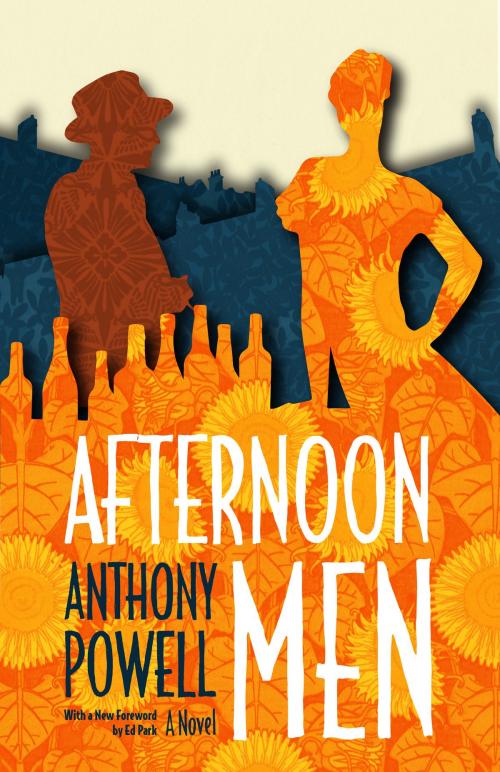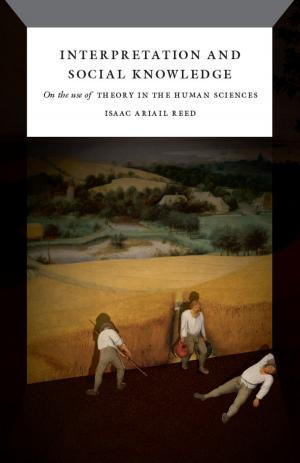| Author: | Anthony Powell | ISBN: | 9780226186924 |
| Publisher: | University of Chicago Press | Publication: | November 7, 2014 |
| Imprint: | University of Chicago Press | Language: | English |
| Author: | Anthony Powell |
| ISBN: | 9780226186924 |
| Publisher: | University of Chicago Press |
| Publication: | November 7, 2014 |
| Imprint: | University of Chicago Press |
| Language: | English |
Written from a vantage point both high and deliberately narrow, the early novels of the late British master Anthony Powell nevertheless deal in the universal themes that would become a substantial part of his oeuvre: pride, greed, and the strange drivers of human behavior.
More explorations of relationships and vanity than plot-driven narratives, Powell’s early works reveal the stirrings of the unequaled style, ear for dialogue, and eye for irony that would reach their caustic peak in his epic, A Dance to the Music of Time.
In Afternoon Men, the earliest and perhaps most acid of Powell’s novels, we meet the museum clerk William Atwater, a young man stymied in both his professional and romantic endeavors. Immersed in Atwater’s coterie of acquaintances—a similarly unsatisfied cast of rootless, cocktail-swilling London sophisticates—we learn of the conflict between his humdrum work life and louche social scene, of his unrequited love, and, during a trip to the country, of the absurd contrivances of proper manners.
A satire that verges on nihilism and a story touched with sexism and equal doses self-loathing and self-medication, Afternoon**Men has a grim edge to it. But its dialogue sparks and its scenes grip, and for aficionados of Powell, this first installment in his literary canon will be a welcome window onto the mind of a great artist learning his craft.
Written from a vantage point both high and deliberately narrow, the early novels of the late British master Anthony Powell nevertheless deal in the universal themes that would become a substantial part of his oeuvre: pride, greed, and the strange drivers of human behavior.
More explorations of relationships and vanity than plot-driven narratives, Powell’s early works reveal the stirrings of the unequaled style, ear for dialogue, and eye for irony that would reach their caustic peak in his epic, A Dance to the Music of Time.
In Afternoon Men, the earliest and perhaps most acid of Powell’s novels, we meet the museum clerk William Atwater, a young man stymied in both his professional and romantic endeavors. Immersed in Atwater’s coterie of acquaintances—a similarly unsatisfied cast of rootless, cocktail-swilling London sophisticates—we learn of the conflict between his humdrum work life and louche social scene, of his unrequited love, and, during a trip to the country, of the absurd contrivances of proper manners.
A satire that verges on nihilism and a story touched with sexism and equal doses self-loathing and self-medication, Afternoon**Men has a grim edge to it. But its dialogue sparks and its scenes grip, and for aficionados of Powell, this first installment in his literary canon will be a welcome window onto the mind of a great artist learning his craft.















